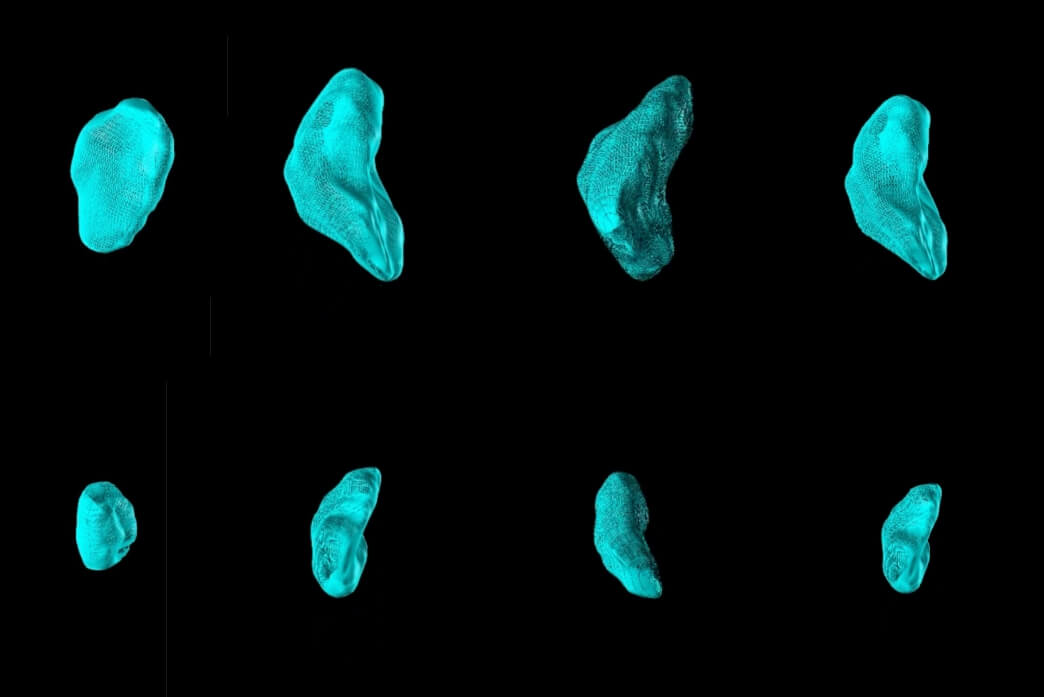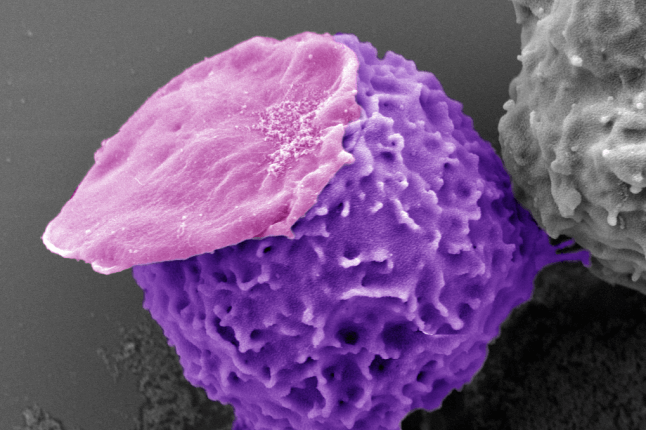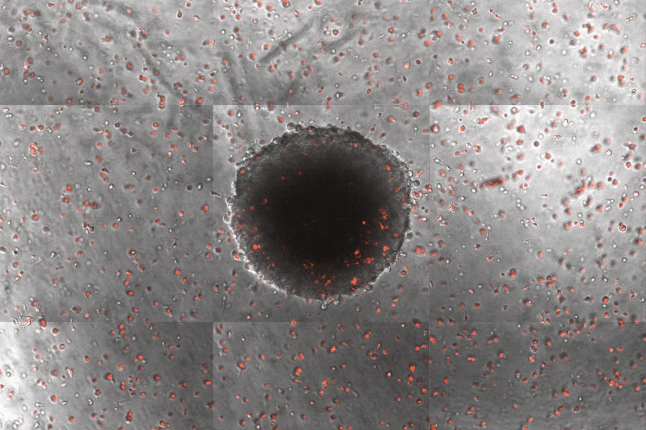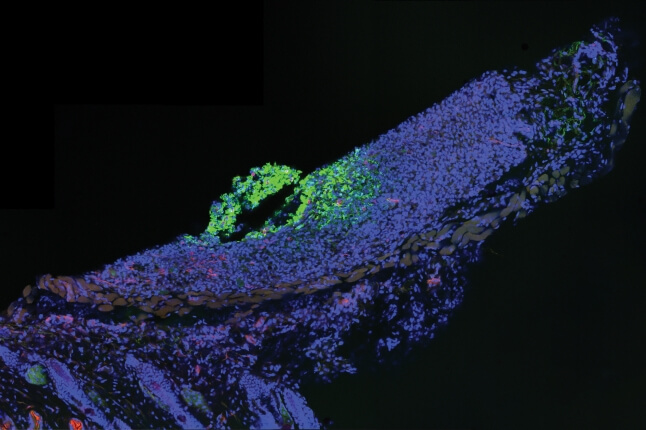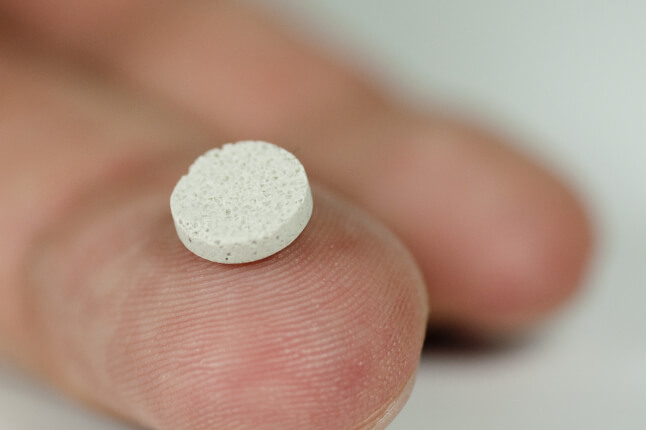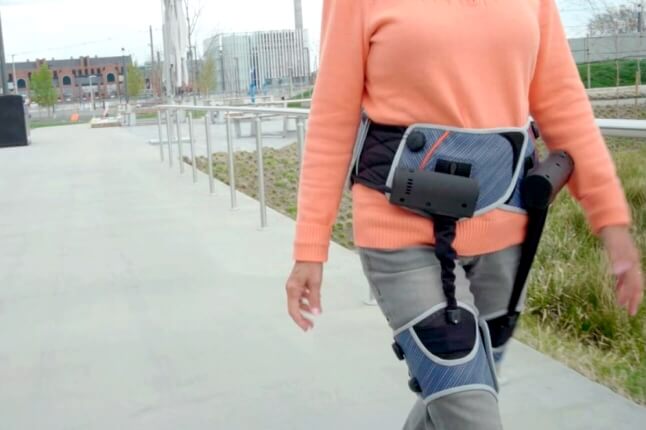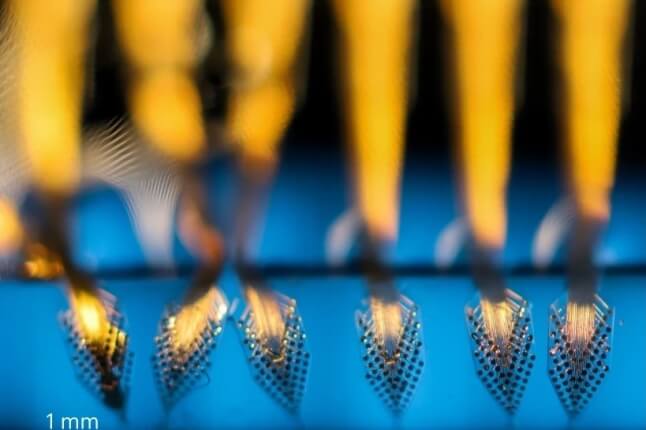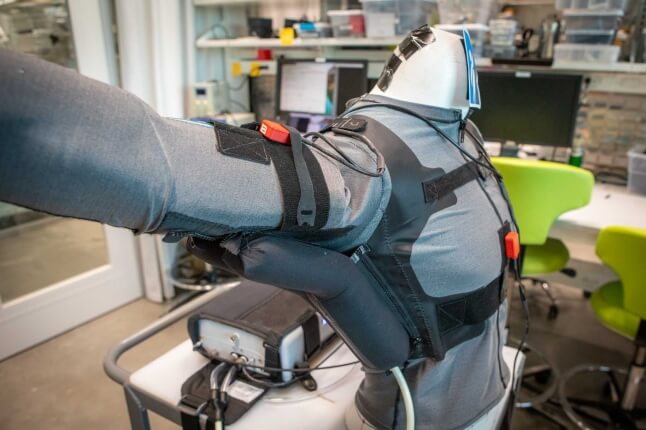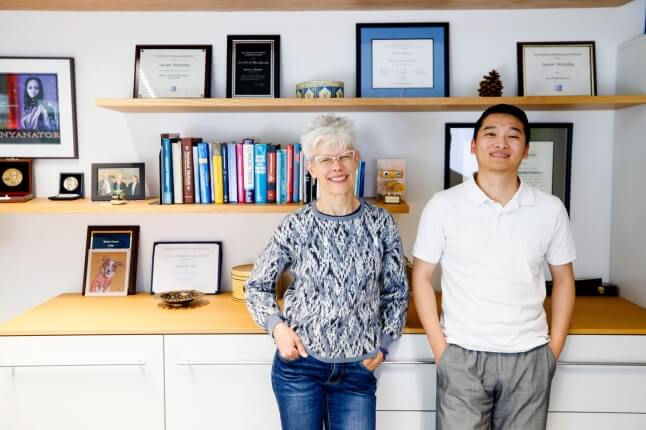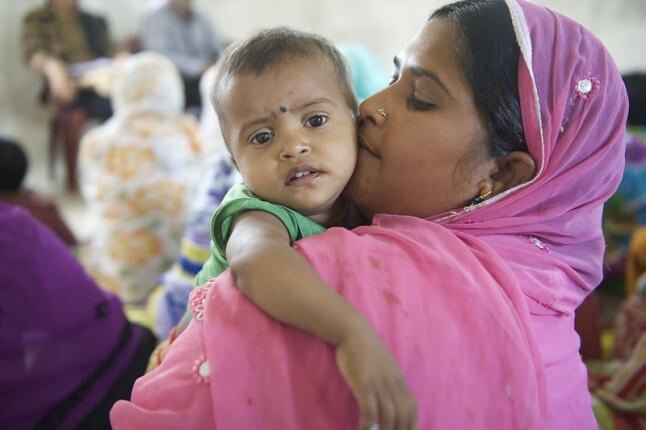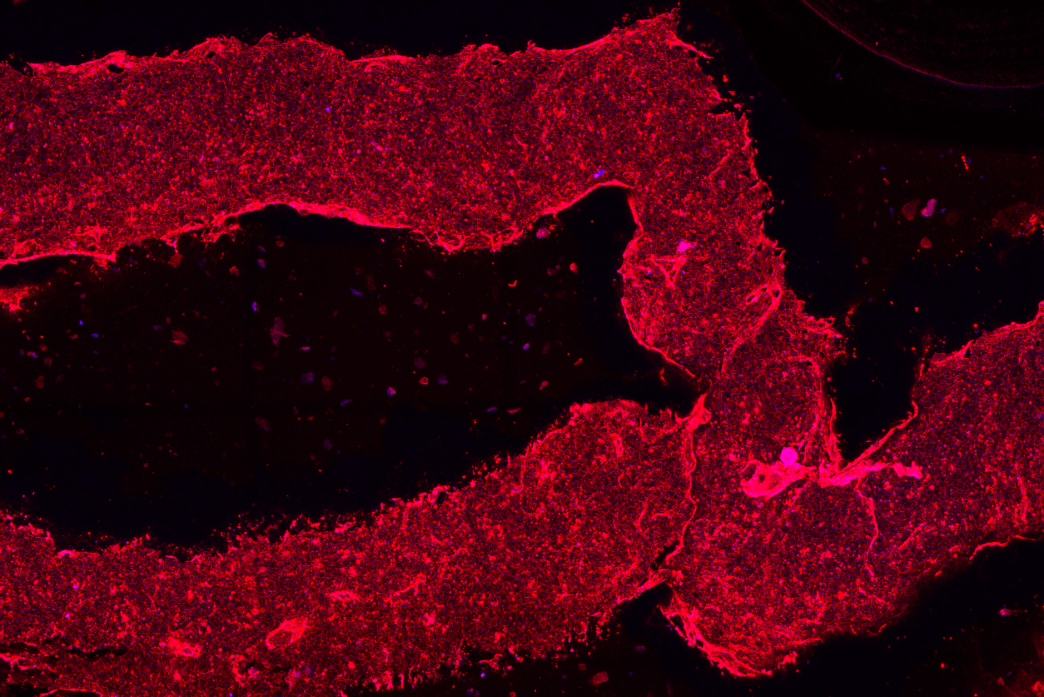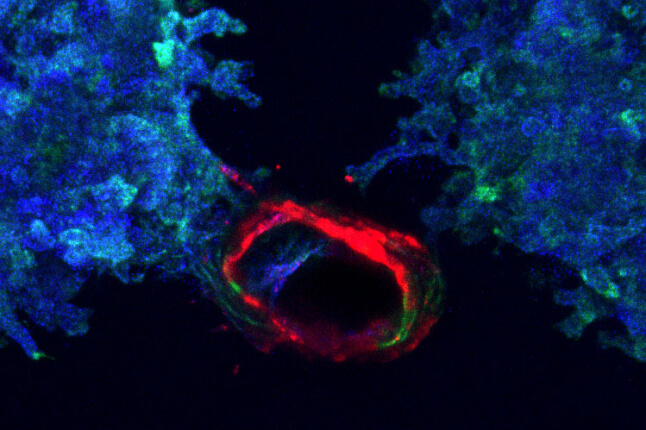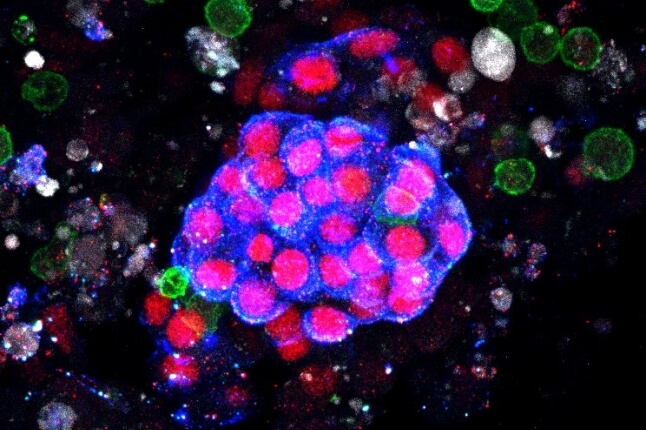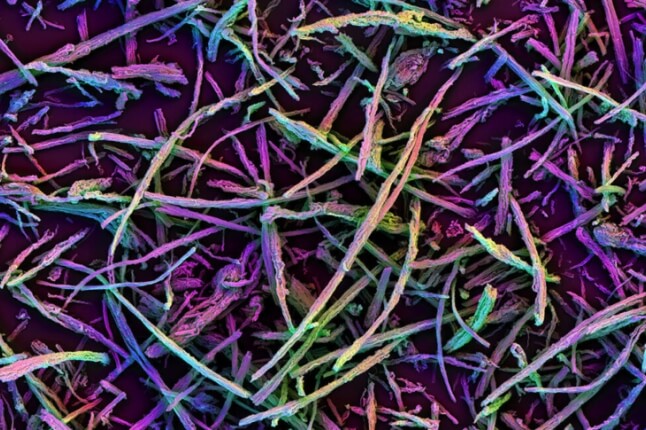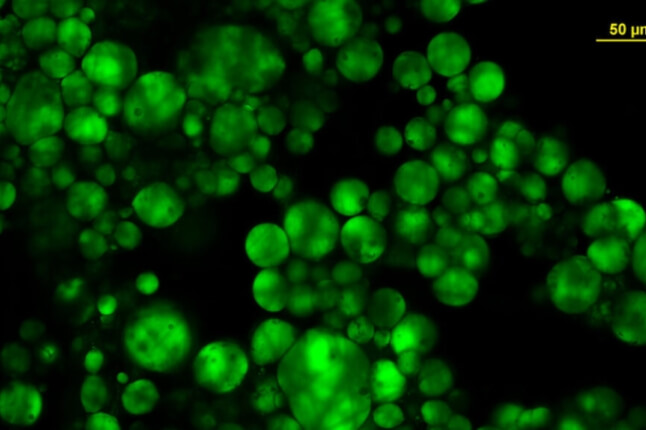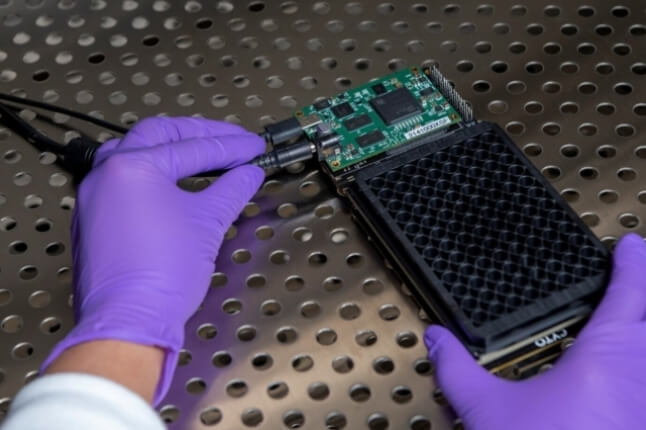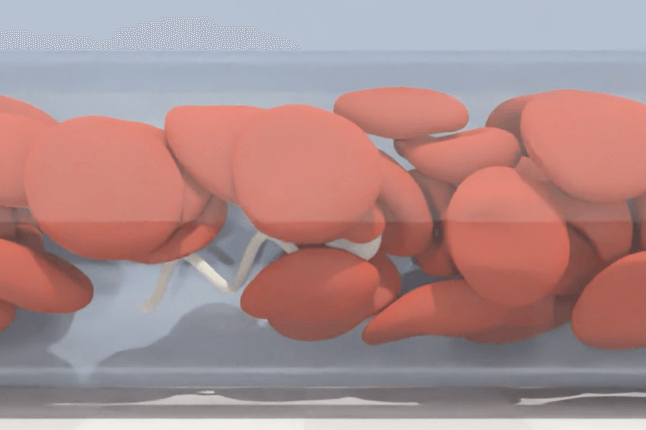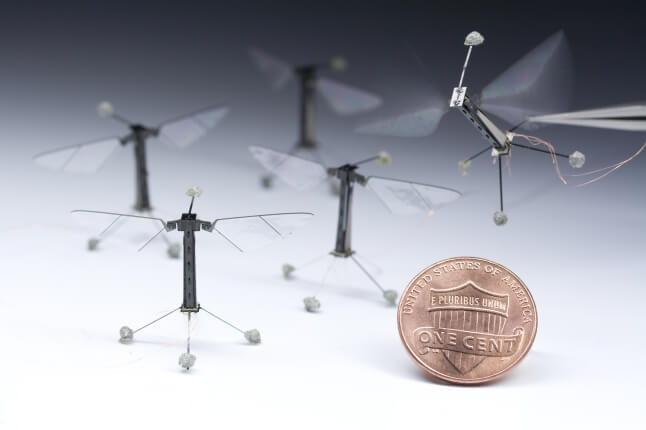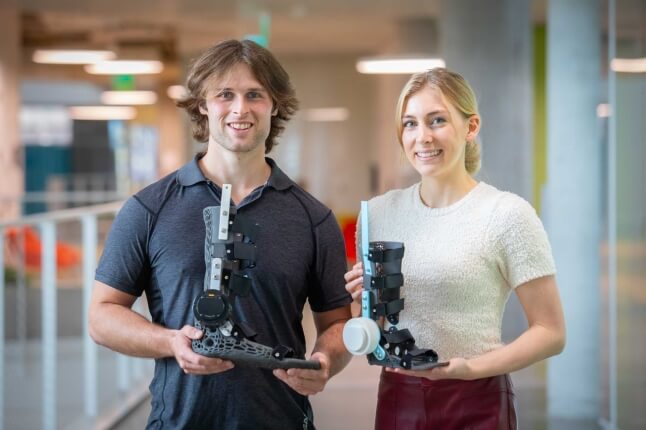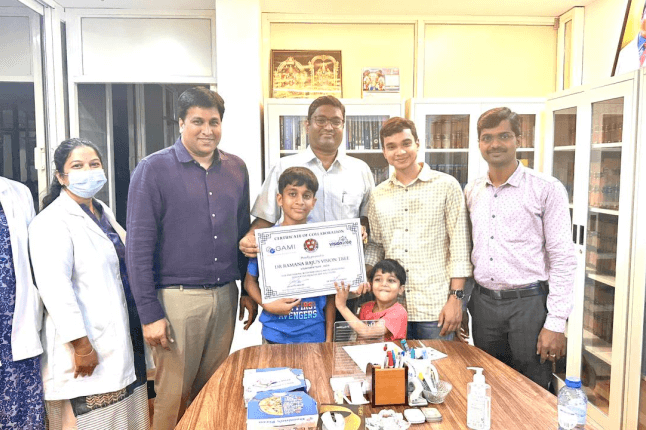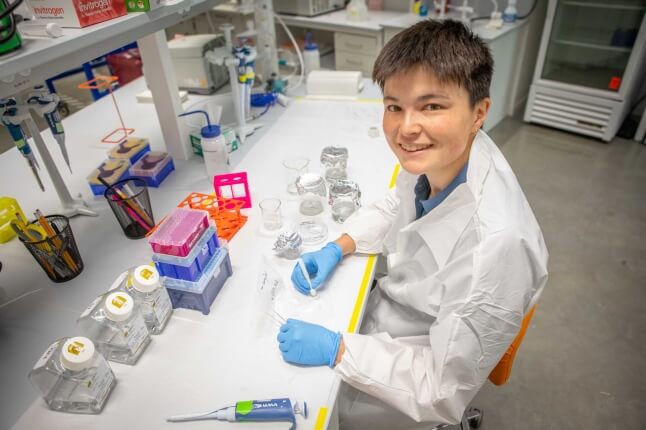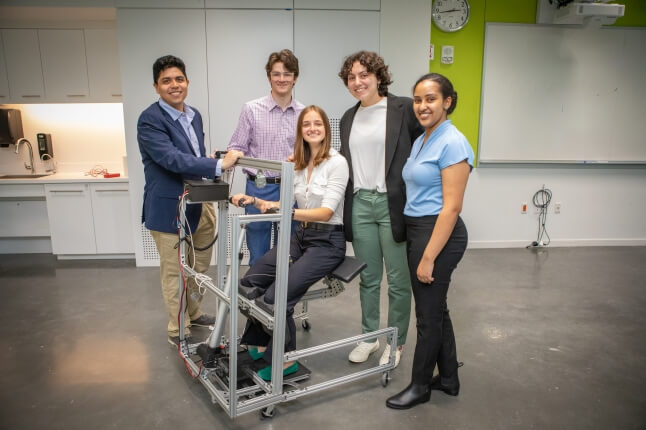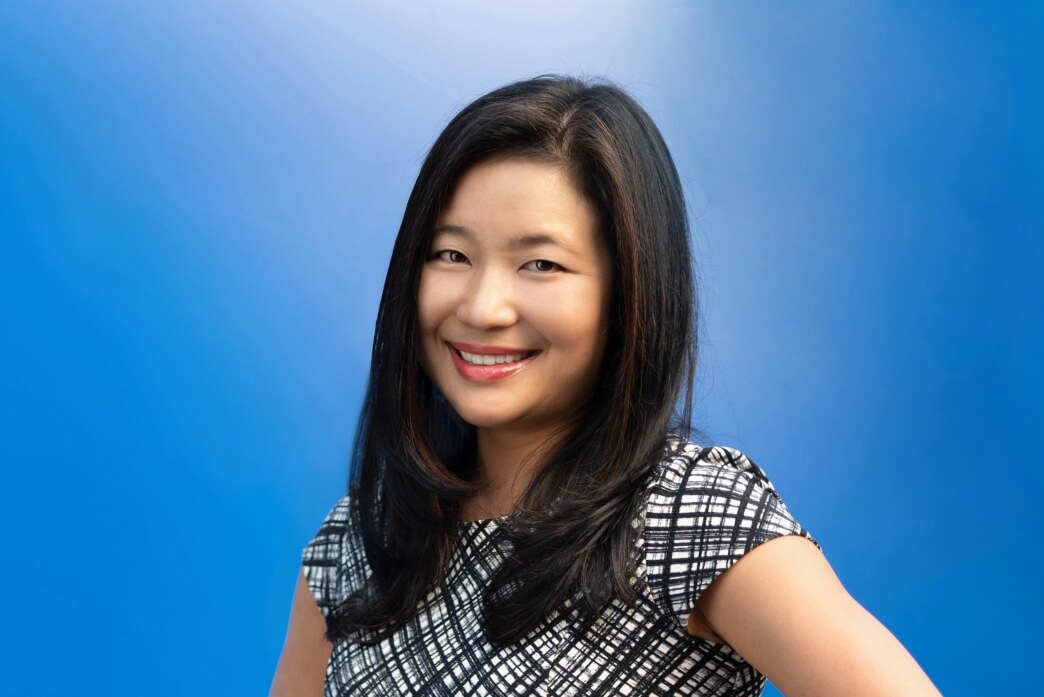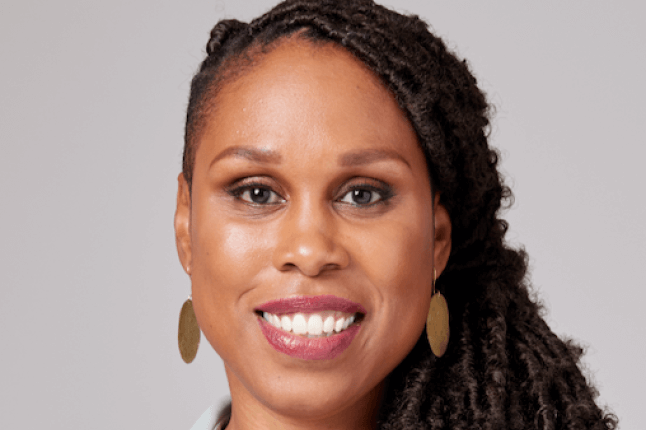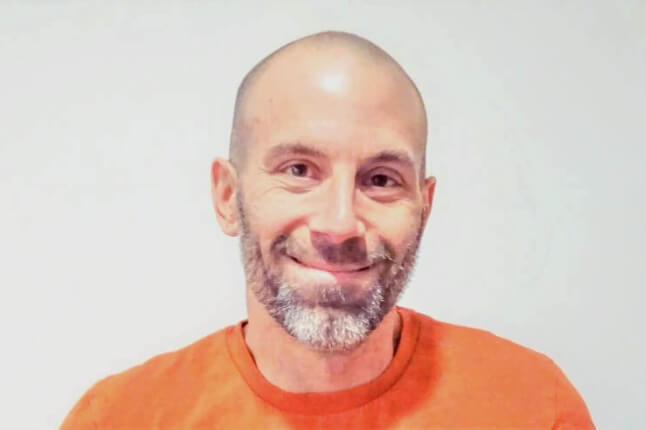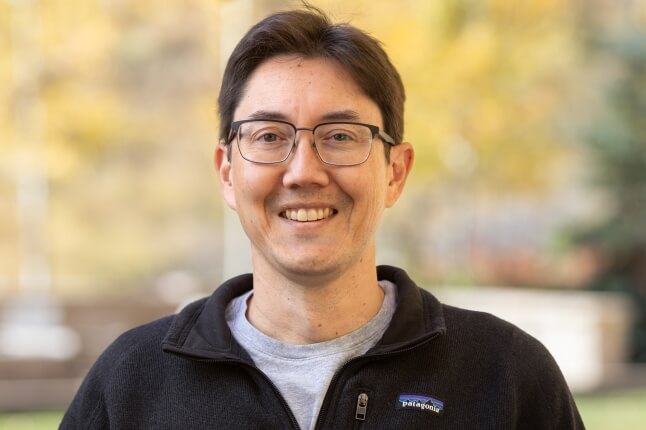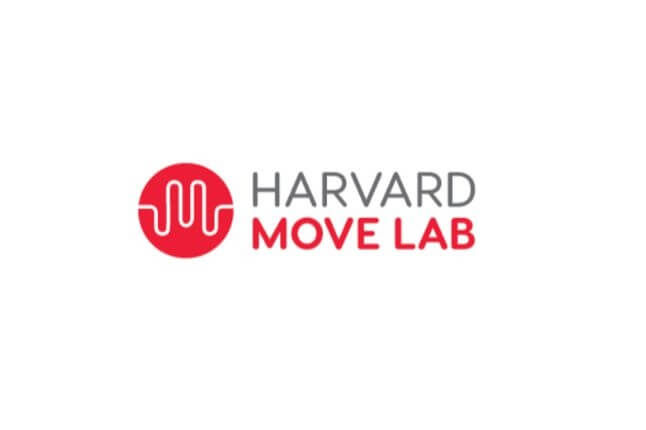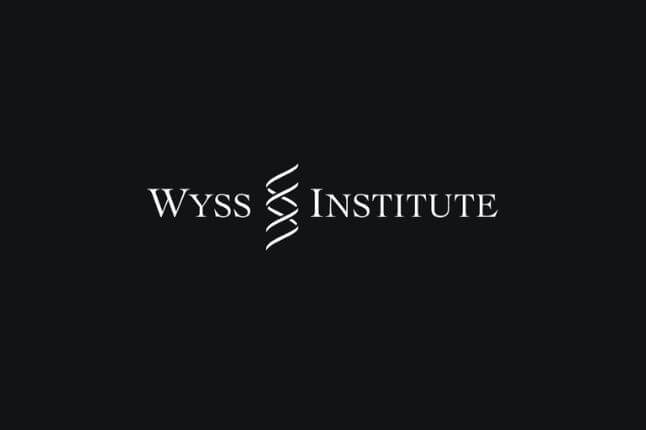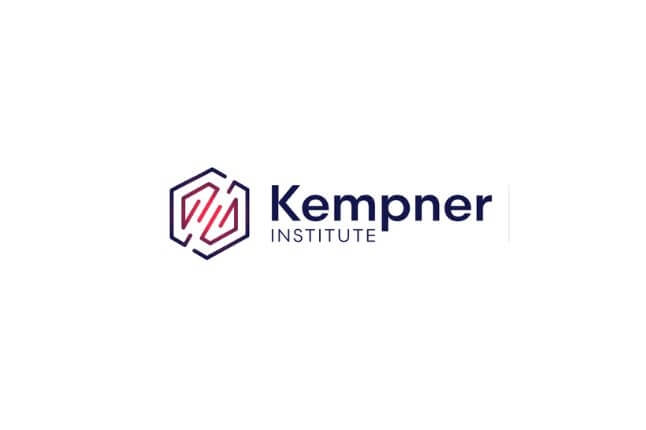Mission in Action
Engineering Health
Over the last 100 years, research in life sciences, medicine, chemistry, microscopy and bioengineering has led to advances that have turned once fatal diseases into manageable conditions, dangerous surgeries into outpatient procedures, and transformed the lives of millions of people with disabilities.
What is the next frontier of human health? At the Harvard John A. Paulson School of Engineering and Applied Sciences (SEAS), we’re pioneering a new approach to health technology that puts humans at the center. Our community of faculty, students and staff are collaborating across disciplines to build a future where drugs are delivered with unprecedented accuracy and personalization; where soft robotics, electronics and human tissue work seamlessly together; where biomaterials can replace human organs; where humans partner with AI to diagnose, monitor and treat disease; and where health technologies can be integrated across the care continuum, from hospitals to home.
The challenges facing human health demand a holistic approach to health technology. This approach should be deeply rooted in engineering — not only in the solutions needed but also the mindset necessary to tackle these urgent issues.
Immunotherapy and Drug Delivery for Cancer and other Diseases
Biomedical research in the 20th and 21st centuries enabled a revolution in pharmaceuticals. As a result, many diseases once considered a death sentence — such as diabetes — are now chronic, but manageable, conditions. But other diseases, such as certain types of cancers, remain stubbornly hard to treat. At SEAS, bioengineers are making breakthroughs that could not only treat deadly diseases but prevent them from ever taking hold.
In everything from personalized medicine, to drug delivery, artificial tissue and biocompatible robotics, the medical innovations of the future are going to have a strong footing in engineering.
Soft Robots and Bioelectronics to Augment and Support Human Health
The Iron Lung — invented at the Harvard School of Public Health in 1928 — was one of the first electromechanical devices used to augment biology and assist human health. It was a hulking machine, weighing about 800 pounds. Today, biomedical devices can fit on a fingertip and be implanted directly into the body. The next generation of soft robotics and bioelectronics being pioneered at SEAS will be even more powerful, able to integrate into the hardest to reach regions of the body and provide profound and long-lasting monitoring, therapy and augmentation.
Computing for Health
Computer scientists at SEAS are building a future where human and AI systems work together to improve and augment human health and well-being. Our researchers are responsibly engineering intelligent, collaborative systems that can enhance the lives of people living with visible and invisible disabilities, assist in the diagnosis and monitoring of rare diseases and expand access to public health resources.
AIs have enormous potential to augment and assist people, especially in empowering in people to make well-informed decisions that are right for them.
Tissue Engineering
Organs and tissues grown outside the body from human cells could address the shortage of donor organs, reduce transplant rejection, and provide personalized treatment options for a range of diseases. SEAS bioengineers are developing new approaches and technologies to engineer human tissue that could expedite drug development, replace human tissue and even treat diseases.
Over the last 5 years, SEAS’s translational research resulted in:

Innovation and Entrepreneurship
SEAS is deeply embedded in Boston’s entrepreneurial ecosystem, a hub teaming with incubators, accelerators, venture capital, and consortia focused on medtech, biotech, and healthcare entrepreneurship. Students and faculty are uniquely positioned to leverage a wide range of resources to help translate innovative ideas into viable commercial ventures in fields such as regenerative medicine, therapeutic delivery platforms, precision medicine, digital therapeutics, healthcare data analytics, remote patient monitoring and healthcare robotics.
Training the Next Generation
Students at SEAS are already tackling some of the biggest challenges facing human health today, including healthcare equity and access, the health impacts of global climate change and the promise and limitations of AI in mental healthcare. With a cutting-edge curriculum, innovative pedagogy, and a range of experiential learning and research opportunities, Harvard SEAS is training the next generation of health professionals, researchers and entrepreneurs. Our students learn by doing, acquiring skills and experiences beyond the classroom to design and implement solutions to real-world problems.
Alumni Impact
Harvard SEAS alumni are making a global impact on healthcare through leadership, innovation and a commitment to addressing complex societal challenges. Our alumni are founders, researchers and leaders. They are improving treatment for chronic disease; advancing healthcare equity; utilizing AI to improve health technology and diagnostics; and discovering new, more effective treatments for the most challenging cancers. In short, SEAS alumni are making us all healthier.
As someone who’s really driven to build things and put them out into the world, this is all I could imagine doing.
Advancing Science through Collaboration
Harvard SEAS’s holistic approach to health technology draws upon our long-standing collaborations with Instituions across the Univeristy, as well as close relationships with Harvard Medical School, the Harvard Chan School for Public Health and a network of top-tier hospitals in the Boston area. At the core of SEAS’s approach is the deep integration with these institutions, facilitating a seamless flow of knowledge and resources that propels innovations in medical technologies and healthcare solutions.

